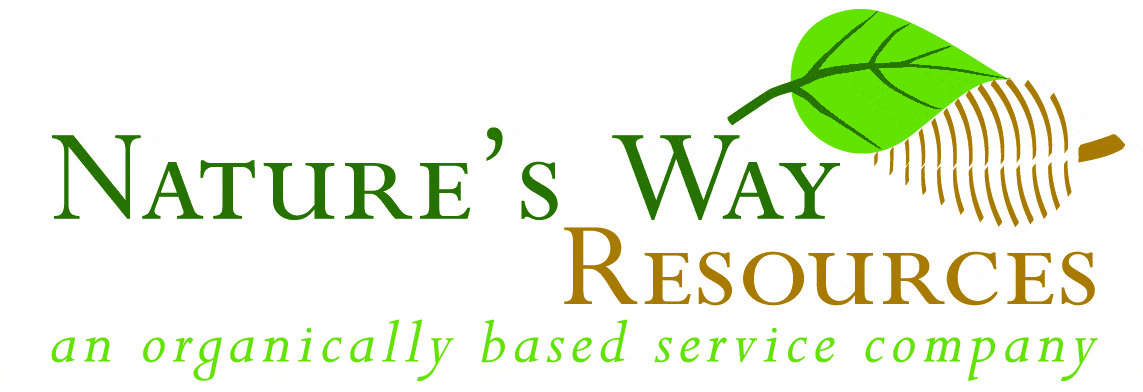John's Corner:
Soil & Plants (Part 63)
News from the Wonderful World of Soil & plants 63
By: John Ferguson
We are learning daily about the importance of microbes in having healthy soils and plants. Many people are using grey water or waste water from sewage treatment plants (purple pipe) to irrigate with. We have known for years that artificial sweeteners actually cause many health problems especially weight gain. A study in the journal Molecules by researchers in both Israel and Singapore have found that artificial sweeteners (aspartame, sucralose, saccharine, neotame, advantame and acesulfame potassium-K) when consumed, they caused good bacteria to change and become toxic at very small amount of these chemicals. This adversely affects gut microbial activity which then causes a wide range of human health issues. If food waste that was sweetened with these chemicals and is not composted properly, then these chemicals will survive and negatively affect good microbes in the soil hurting our plants. These chemicals also often survive the sewage treatment process and remain in the waste water from sewage treatment plants. I wonder if repeated usage (waterings) may cause soil microbial problems. Compost made from sewage sludge (biosolids) may also contain this toxic chemicals.
A recent report found that the USDA spent nearly $2 billion on biotech research (GMO’s – genetically modified foods), and only 1 percent went to safety testing. As a result we are suffering the consequences. For example – More than 90 percent of all U.S. corn contains cancer-breeding GMO toxins that work from the inside-out. These toxins disrupt the biome of our digestive system leading to inflammation and leaky gut syndrome. They are also linked to many other health problems including cancer.
A few years ago I was at a organic agricultural conference at a seminar on plants and human health. The speaker did his graduate work in animal nutrition and owned a animal feed manufacturing company. He had been diagnosed with terminal cancer and via nutrition he healed himself and lived another 25 years. The point he was making was that plants have a immune system just like humans. In humans our immune system does not go into high gear until we are exposed to some form of pathogen or virus. Similarly, a plants immune system does not become active until the plant has experienced some stress like being nibbled on by a insect pest. The chemicals that plants produce to fight off the insects (or disease) are called secondary plant metabolites. These are the anti-cancer compounds. This is another reason to grow ones own vegetables organically or at least purchase them a local farmers market. Vegetables with holes in the leaves or spots on the fruit, etc. are the ones that will have these beneficial health promoting chemicals. Vegetables from the grocery store sprayed with pesticides, fungicides and other toxic chemicals so they look perfect, will not have these beneficial compounds and have cancer causing chemicals on them (or in them). A summary of his talk can be found at:
http://www.waldeneffect.org/blog/Brunetti_on_plant_secondary_metabolites/
Last year I did a book review on a very interesting book by Michael Phillips on fungi: “Mycorrhizal Planet – How Symbiotic Fungi Work with Roots to Support Plant Health and Build Soil Fertility”, Michael Phillips, 2017, Chelsea Publishing,
ISBN: 978-1603586580. OHBA (Organic Horticultural Benefits Alliance) is bringing Michael in to do a seminar on beneficial fungi, plant growth and health and how they communicate. It will be on November 14, 2018 at the United Way Center at 50 Waugh Drive. Go to www.ohbaonline.org to register.
The e-magazine eco-farming-daily reported a interesting article on phosphorus. Often in gardening we find phosphorus as the most limiting element for plant growth. The phosphorous used to make articial fertilizers comes from phosphate rock that is mined and processed into phosphoric acid. A byproduct of this process is phosphogypsum, which is highly radioactive. What the toxic artificial fertilizer industry does not tell us is that for every ton of phosphoric acid produced there is 5 tons of radioactive waste produced! Also when phosphorus in this form is applied to soils, beneficial fungi DO NOT colonize the plants roots, hence do not protect them from disease or help provide water during times of drought. This form of phosphorous runs off into our rivers and stream causing an algae bloom that kills the fish and other life eventually running into the ocean and creating dead zones. It is always best for plants to use natural forms of phosphorous from organic fertilizers, bone meal, manures and good compost. Are you part of the problem OR part of the solution?

